Fish | Cook: Learning to Cook Seafood
Thursday, April 9th, 2015
This is Passport to Texas
We love seafood, but when it comes to cooking it—most of us leave that to the professionals.
06— Because a lot of people are intimidated [by] seafood. They have this impression that it’s hard to cook.
But it’s not, says Rhonda Cummins with Texas AgriLife and Texas Sea Grant. Whether you harvest it yourself or pick up fresh fish from a local market, seafood is easier to prepare than you realize.
06— If you can master just a couple of quick easy [techniques] in the kitchen, you can cook seafood at home
The FREE monthly Cooking with Seafood classes Rhonda coordinates provide attendees the skills they need to prepare fresh seafood at home. Volunteer cooks teach demos, while fisheries biologists and others talk about the resource.
11— Sometimes I have to put the meal on hold because they’re still asking questions to the presenter. They’re coming to learn. I actually believe that it’s become more about interesting topics than about the food.
But there is food. The next FREE Cooking with Seafood class is Monday April 13 at the Calhoun County Fairgrounds outside Port Lavaca, and will include some combination of oysters, crabs, shrimp and fish.
14—The basic concept of the evening is going to be, you’ve harvested it, or you have bought it in its almost natural state at the fish market—what do you do with it next? So, we want to teach them some basic cleaning techniques and then cooking techniques.
Find out how you can attend at passporttotexas.org (see below).
The Sport Fish Restoration program supports our series. For Texas Parks and Wildlife…I’m Cecilia Nasti.
______________________________________________
If you want to attend the April 13, 2015 FREE Cooking with Seafood Demo, RSVP with Rhonda Cummins:
Cooking with Seafood
Free cooking demonstrations and samples using fresh, local seafood.
Calhoun County Fairgrounds, Bauer Exhibit Building
6 p.m.
RSVP to Rhonda Cummins: (361) 552-9747
Email: rcummins@tamu.edu
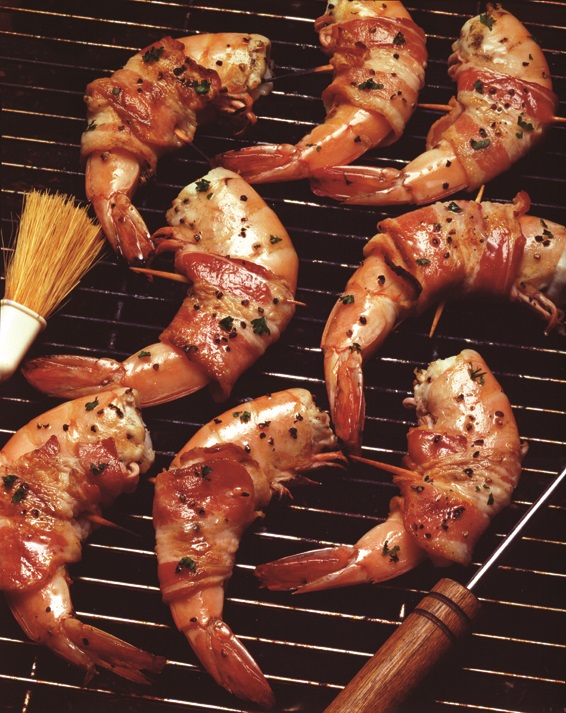

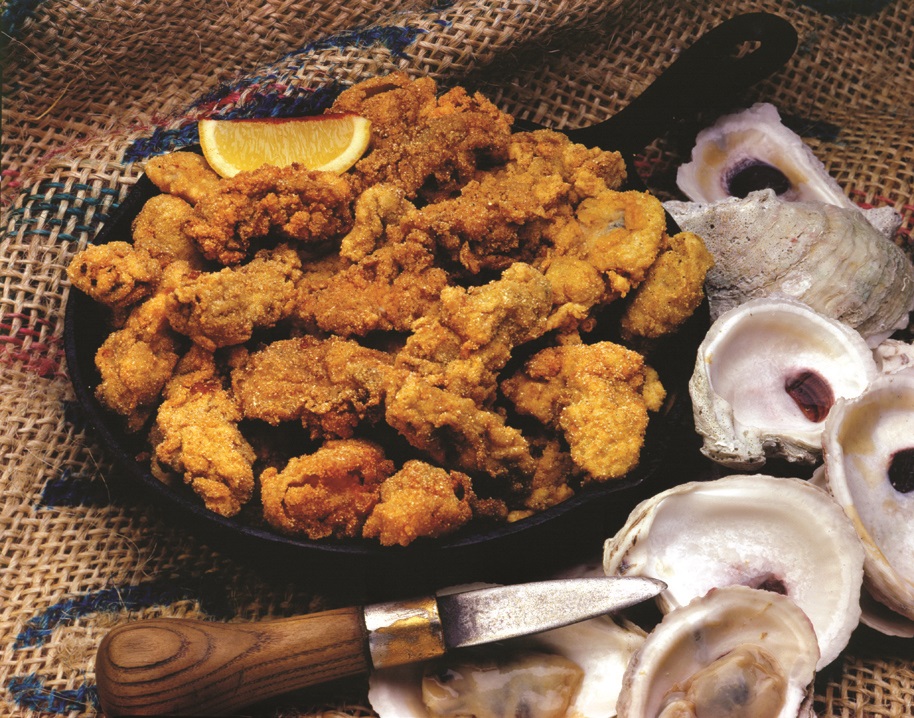
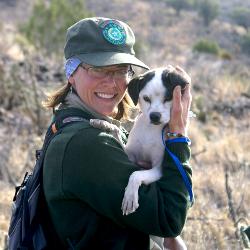
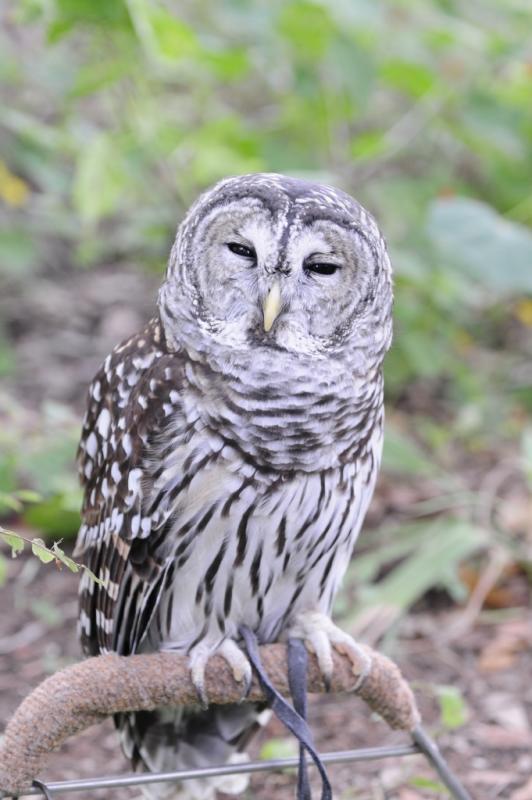
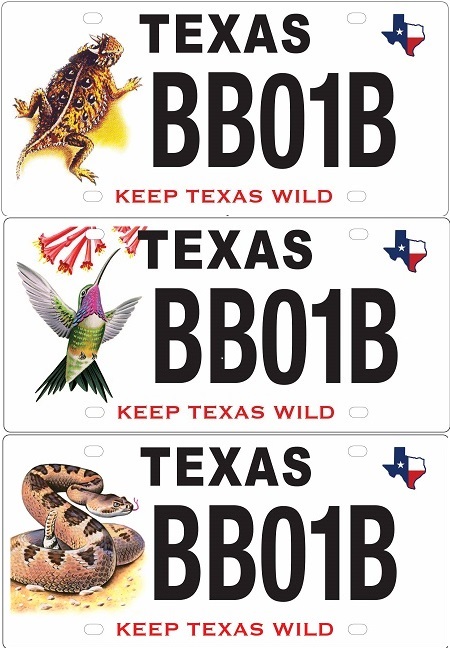

 Passport to Texas is a
Passport to Texas is a  Passport to Texas is made available by:
Passport to Texas is made available by: